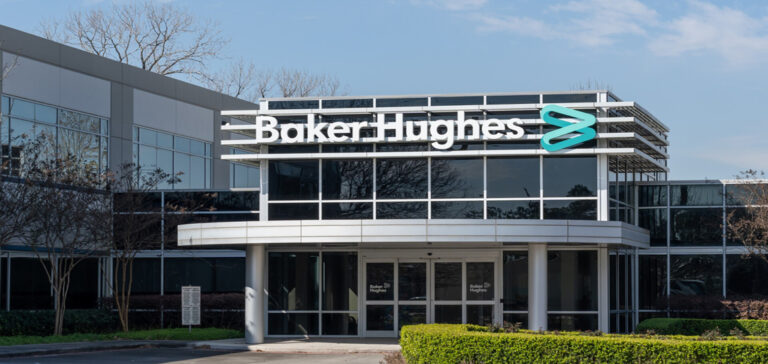Baker Hughes wins major contract, scheduled for completion in the third quarter of 2023. The contract includes the supply of a modular liquefied natural gas (LNG) system and a power island. The contract is part of the expansion of a major equipment supply agreement between Venture Global LNG and Baker Hughes, covering production of over 100 million tonnes per annum (MTPA), with an initial agreement for 70 MTPA.
Advances in LNG technology solutions
The current contract extends the successful collaboration between Baker Hughes and Venture Global in the field of LNG technology solutions. The company has already provided full support for the Calcasieu Pass and Plaquemines projects in Louisiana, making a vital contribution to improving the use of natural gas and promoting the energy transition to more sustainable economies.
Venture Global CEO Mike Sabel is excited about the extension of this partnership, saying, “To ensure a successful transition to more secure and sustainable economies, it is imperative that we continue our mission to deliver low-cost LNG on a large scale. We are grateful for our ongoing partnership with Baker Hughes, a global leader in energy technology, and look forward to continuing our successful collaboration in our future projects.”
Baker Hughes’ Commitment to Improving Natural Gas Operations
Lorenzo Simonelli, CEO of Baker Hughes, underlines the company’s enduring commitment to improving natural gas operations: “We have been a trusted partner in natural gas operations for over 30 years, and have been able to put this experience to good use in the face of recent LNG market growth. This extension of our collaboration with Venture Global confirms that Baker Hughes technologies contribute effectively to the use of natural gas.”
Growing demand for LNG underscores the fundamental role of natural gas in the energy transition, securing supply and driving progress towards net zero emissions. Baker Hughes and Venture Global remain resolutely committed to this crucial venture for a cleaner, more sustainable energy future.






















